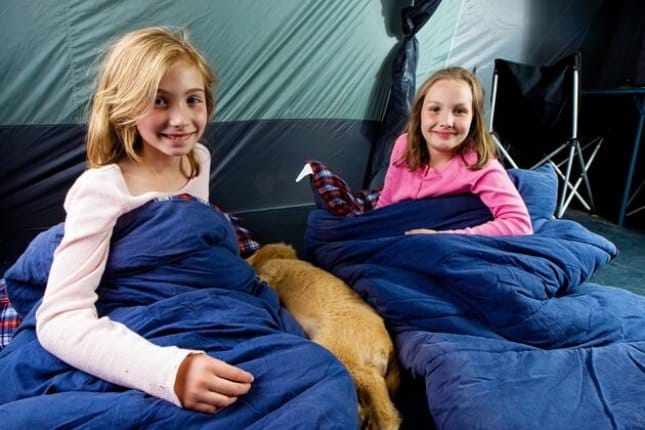When You Keep Getting Up to Pee
Enuresis Alarms
Getting up in the middle of the night to go to the bathroom is not a good experience. When you get to sleep, the last thing you require is a full bladder waking you up. For some people, these awakenings may even make it challenging to fall back asleep, and this may be a symptom of sleeping disorders.
How can you decrease the need to urinate at night? Luckily, there are a couple of modifications that you can make that will assist you to stay asleep and, if you do awaken, fall back asleep more quickly. First, nevertheless, it's a good idea to find the cause.
Bedwetting Solutions
Causes of Regular Bathroom Trips
There are a variety of reasons that you might awaken often at night to urinate. The causes may depend on your age, medical conditions, or the personal practices you have at night. With any of these, it is best to talk with your medical professional about any issues you have.Children
It is uncommon for more youthful people to get up in the night to pee. Kids might have enuresis or bedwetting, however they normally outgrow this. There are also a number of reliable behavioral treatments and medications that can assist.
If your kid is making frequent journeys to the bathroom, it might be a sign of another medical condition or perhaps a sleep condition such as sleep apnea.
Nocturia as You Age
As we age, our ability to focus urine over night decreases. This suggests that the bladder fills quicker, which prompts a trip to the restroom. When urination occurs during the night, it is called nocturia.In specific, men who are middle-aged or older may develop urinary frequency as part of benign prostate enlargement. Nocturia may likewise be part of medical conditions such as diabetes, persistent kidney disease, or cardiac arrest.
Nocturia is also a typical negative effects of taking diuretic blood pressure medications. These are sometimes called "water pills" and include Lasix (furosemide).
Sleep Apnea
It is also important to deal with sleep apnea due to the fact that this can also result in nocturia. There are 2 significant factors for this.Sleep apnea causes fragmented sleep. Deeper phases of sleep are disrupted by disrupted breathing and this means you spend more time in light sleep. In these lighter stages, you will naturally become more aware of how full your bladder is. In addition, research recommends that sleep apnea itself sets off the release of hormones that increase the requirement to urinate at night, particularly as we age.
Nighttime Routines
There are some causes of nighttime urination that can be managed. Drinking an excessive quantity of water prior to going to bed will increase the probability of having to urinate throughout the night. Caffeine, which works as a stimulant, is also a mild diuretic that can increase urination.The very best thing you can do is to minimize how much you consume during the night. This is particularly real in the 4 to 6 hours before bedtime.
How to Get Back to Sleep
If you do wake during the night to urinate, attempt to reduce the quantity of light that you expose yourself to. By utilizing a little nightlight in the restroom instead of turning on the primary light, it can be much easier to fall back asleep.It's likewise best to limit your activities. Make a fast journey to the bathroom and return quickly to bed. Attempt to avoid roaming around your home, getting a snack or beverage, or becoming sidetracked by other tasks.

Post a Comment